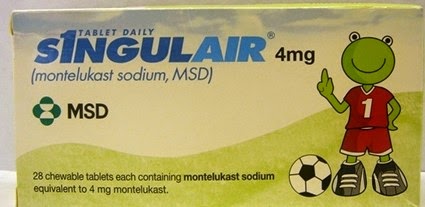This is just a quick note to let readers know that
- the speakers' PowerPoints and notes will all be made available on this weblog in the near future;
- the seminar has been recorded on video, which should be processed and published more swiftly than on previous occasions, on the basis that Olswang LLP (the host firm -- thanks!) has had more practice at video-recording seminars than it did when last an SPC seminar was held there.
This year a variety of topics were discussed, with a first-ever mention of the phenomenon of SPC for fish vaccines and the prospects of shoal immunity. But that's another matter and, if you want to know what was said about this and other issues, you shouldn't have long to wait.
Apart from Olswang (whose London office staff also provided the logistics and processed the refreshments), gratitude is also expressed to all of the speakers and participants for giving of their time and effort, and to the Court of Justice of the European Union for their possibly inadvertent contribution by providing so much content for us to analyse and discuss -- a contribution that shows no signs of abating.
Do please be patient: all items will be made available as soon as possible, so there's no need to chase!








